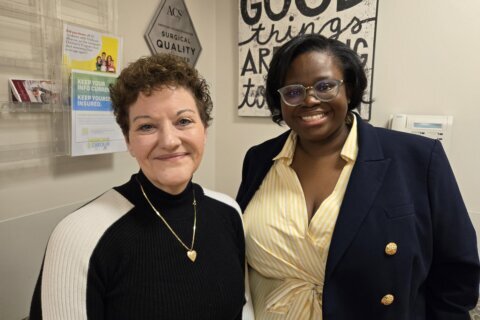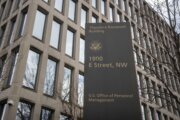WASHINGTON — There will be no repeat of the 2014 Christmas flu. A new government forecast shows the current flu season is starting late and will most likely hit its peak in the D.C. area in February 2016.
A team of scientists at the Department of Energy’s Los Alamos Laboratory used a computer model to predict the pace of this flu season, similar to systems used to predict the weather. Incorporating data from the Centers for Disease Control and Prevention and other sources, the Los Alamos model has a remarkable record for accuracy.
“They have been modeling influenza infectivity around the country for a long time and they are really experts at it,” says Dr. Lawrence Deyton, senior associate dean for clinical public health and professor of medicine at the George Washington University School of Medicine and Health Sciences.
He says this flu season has been mild to moderate and “really not a big deal.” That could all change before the winter is over.
Deyton says the slow, incremental arrival of flu season means people still have plenty of time to get vaccinated, though he cautions it takes the body a week or two after a flu shot to build up sufficient antibodies.
He also says people who got their flu immunizations early don’t have to worry about losing their protection before the disease really hits the region.
“I think people should get the shot as early as possible, and the flu shot they got in September will be good for the rest of this flu season,” Deyton says.
The flu is most dangerous for the very young, the very old and people with chronic diseases. Roughly 200,000 Americans are hospitalized each year after getting influenza. And while there is no firm number on deaths linked to the flu, the CDC says in any given year 3,000 to 49,000 people die from flu-related causes.
For healthy adults, the flu is not a life-threatening event, though it can leave someone bedridden for several days. But even if you’re not in immediate danger, immunization keeps you from passing the disease on to the most vulnerable.
The more of us who are immunized, the healthier we all are, Deyton says, adding, “It’s a community affair.”







